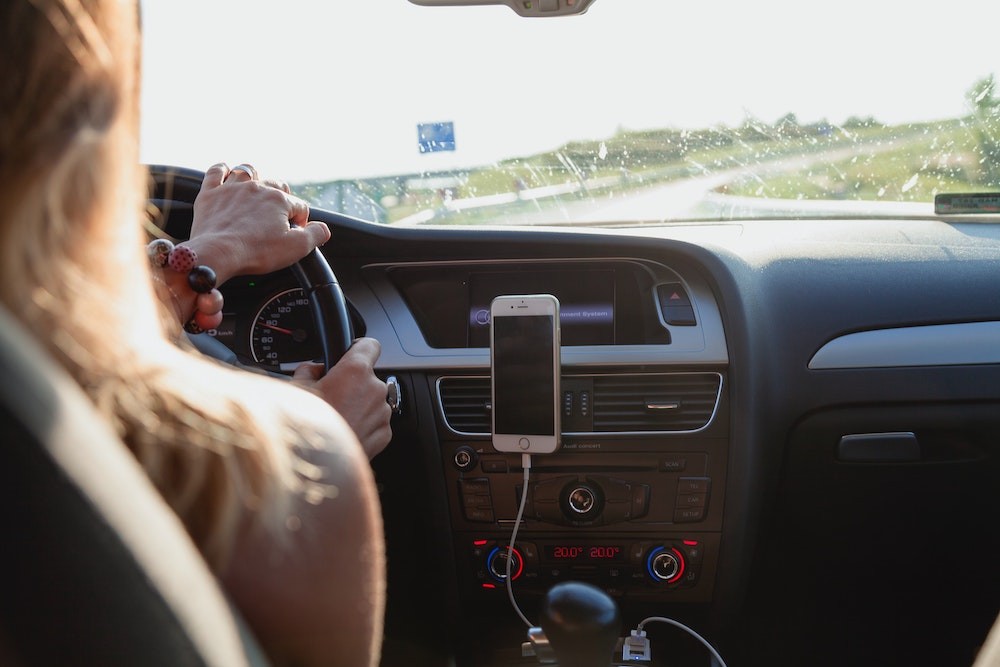This morning, I passed a runner on the trail carrying an open can of Mountain Dew. And you know what I was thinking, right? How had she not spilled it on herself?
The actual beverage didn’t phase me at all. I could care less if she felt the need to drink a big can of soda on a run. Perplexed, yes. But she was out on the trails at 6:30 a.m. when most of our neighborhood was just stirring awake. She was running through the park in 83% humidity. She was scaling hills that many folks couldn’t be bothered to walk up, much less, run-up. If she wanted to gulp down a giant can of soda afterward (or during), then more power to her.
Thank goodness she was in Philadelphia. That kind of behavior wouldn’t be tolerated in New York City.
The Big Apple made news earlier in the week when Mayor Bloomberg proposed a ban on sugary drinks larger than 16 ounces offered for sale at most restaurants, theaters, sports arenas, delis and vending carts (in fairness to New York City, most Mountain Dew cans are only 12 ounces so I guess they’d give the trail runner a pass). The ban – which could go into effect as early as next March – is intended to make New York City a much more healthy city.
No more diabetes! No more heart disease! No more fat people! (I can hear their arteries opening up already.)
But it’s not that simple, is it?
As a country, we’re fat and getting fatter. According to the CDC, there has been a “dramatic increase in obesity” over the past twenty years. Across the country, more than one-third (35.7%) all adults are classified as obese, meaning that they have a Body Mass Index (BMI) of 30 or higher. To put that into perspective, a person who is 5’9″ would be considered healthy at a weight between 125 and 168 pounds; a BMI of 30 would put his or her weight at more than 203 pounds.
And while obesity rates vary across the country, as of 2010, no single state had an obesity rate of less than 20%. Near three-quarters of all states had an obesity rate of at least 25%. New York, ironically, as a state, was not in that group though reports indicate that more than half of adults in New York City are obese or overweight.
Increased rates of obesity have resulted in shorter life spans and increased medical costs (those related to obesity were estimated at $147 billion). That works out to $1,429 in higher costs than folks considered to be a “normal” weight. For a nation concerned about the overwhelming cost of health care, that should give us pause.
But is a ban on sugary drinks the way to go? And if so, what’s next? Potato chips? Fried chicken? Boxes of chocolate?
Arbitrary bans on substances that we consider “bad” make me nervous. This is America. If you want to order a pizza with four different kinds of meat and not one green vegetable, I think it’s your right. It’s also stupid. But I think you have a right to be stupid as long as you’re not hurting anyone else.
We haven’t banned cigarettes. Or liquor. Or (God forbid) coffee. Nicotine, alcohol and caffeine are all arguably substances that aren’t good for us. But we haven’t banned them. What we have done in most cases is tax the heck out of them – except for caffeine, though it was proposed in 2009 – allegedly as a joke – by Utah State Rep. Craig Frank (R-American Fork).
We like to create social policy from tax. So-called sin taxes get slapped on almost everything we want to discourage (think tanning, cigarettes, alcohol, and porn). But we’re still tanning, smoking, drinking and having sex – so what gives?
Studies show that sin taxes don’t actually affect most behaviors unless they’re big. Really big.
A study out of the Rand Corporation on the taxation of sodas and sports drinks found that most kids would not change their soda or sports drinks habits based on taxes with one exception: kids from families with an annual income of $25,000 or less. The conclusion of the study was that “[s]mall taxes will not prevent obesity.” The same study, however, found that larger taxes might change behavior though the increases would have to be more than twice what most of what has been proposed to date.
If making sugar-laden drinks more expensive could be just as effective as a ban, why not consider it and raise a bit of revenue in the process? We’re already hooked on the stuff: according to the Center for Science in the Public Interest (report downloads as a pdf), in 2004, the average American consumed 37 gallons of carbonated, non-diet soft drinks.
To be fair, I’m no fan of most sin taxes but a ban just feels wrong. If we think that a Big Gulp is as dangerous as a pack of cigarettes, why not keep it legal and make a buck or two in the process? Sure, it might kill you but think of the good it will do in the process. It’s much like the Finance Minister of Russia, Alexei Kudrin, encouraging Russians to smoke and drink in order to boost the economy, saying:
People should understand: Those who drink, those who smoke are doing more to help the state.
A paraphrased version (“Those who drink sugary drinks are doing more to help the City”) could be New York’s City’s new motto.
Okay, it’s a reach but it makes as much (if not more) sense as a ban. Quite frankly, as irritating, arbitrary, and irrational as I find sin taxes, at least there is an understandable cause and effect: you want to do something, you have to pay more.
At least then, it remains a choice – even if Mayor Bloomberg thinks it’s a bad one.



